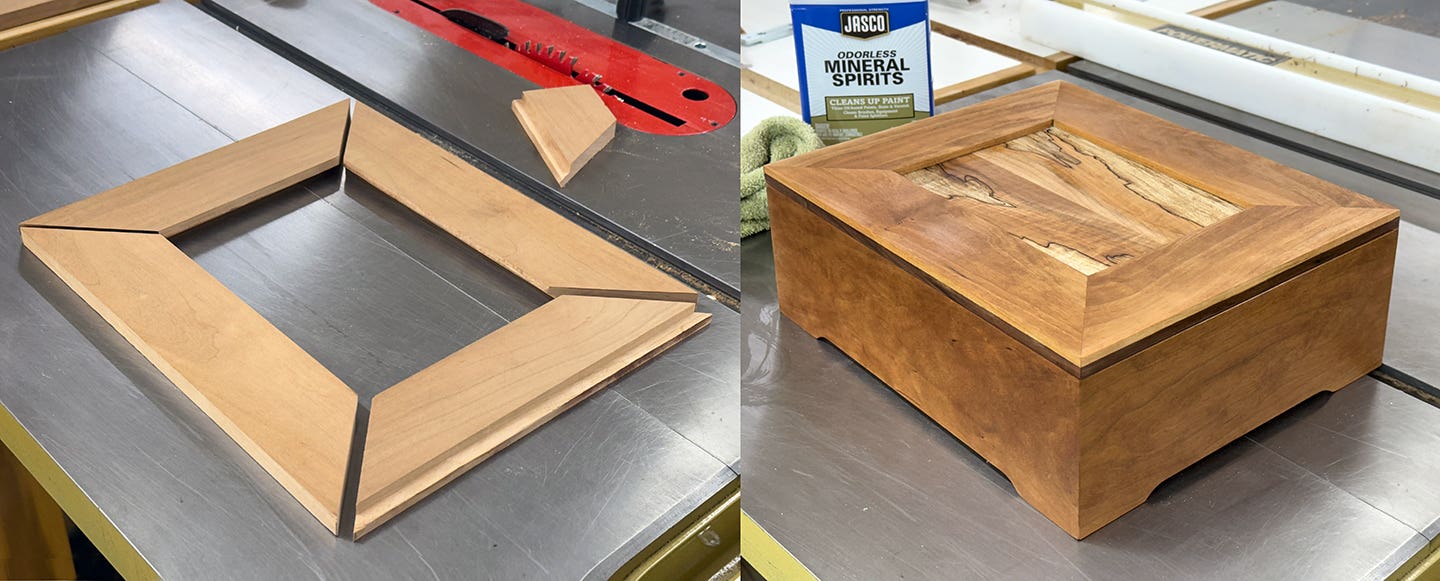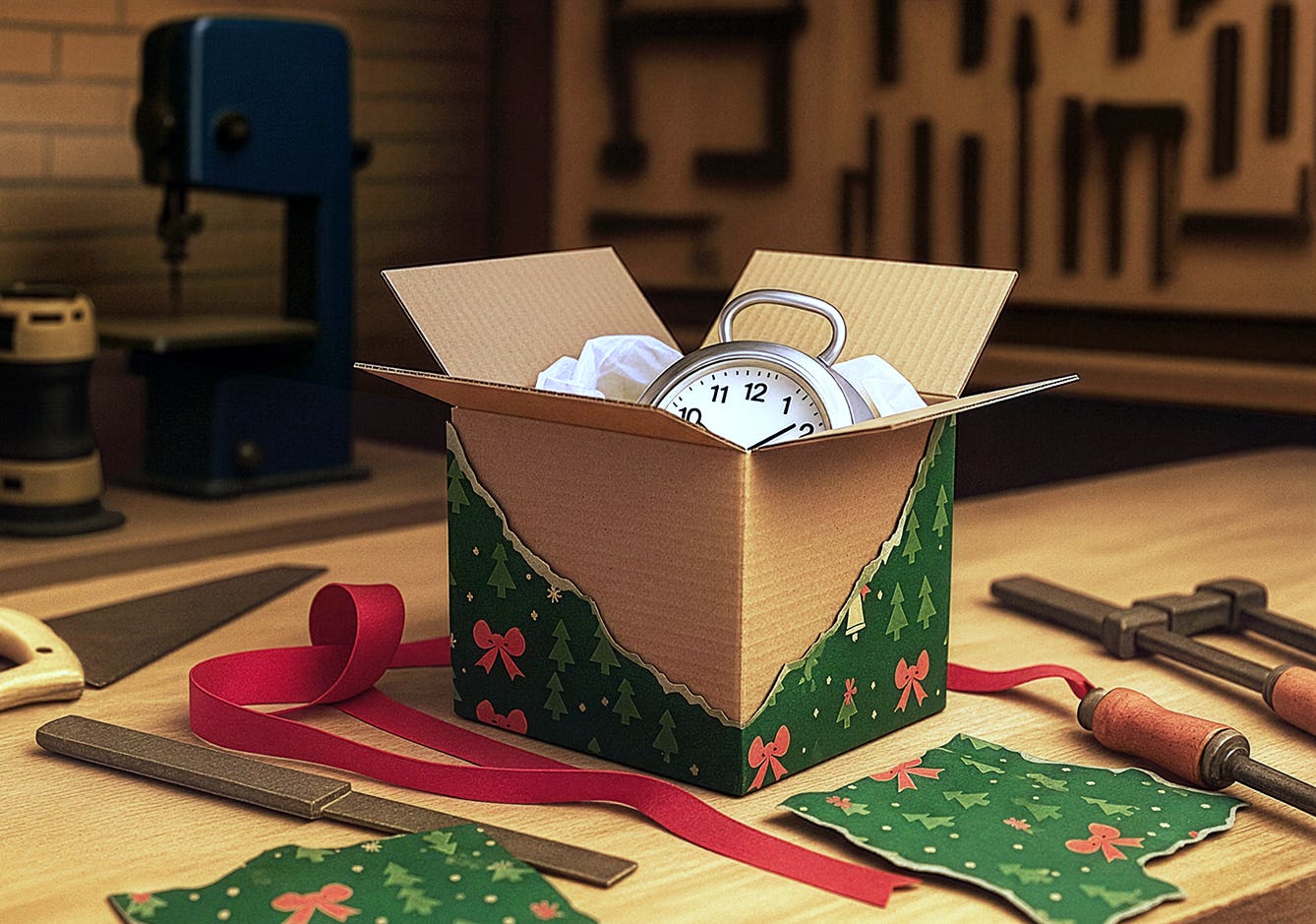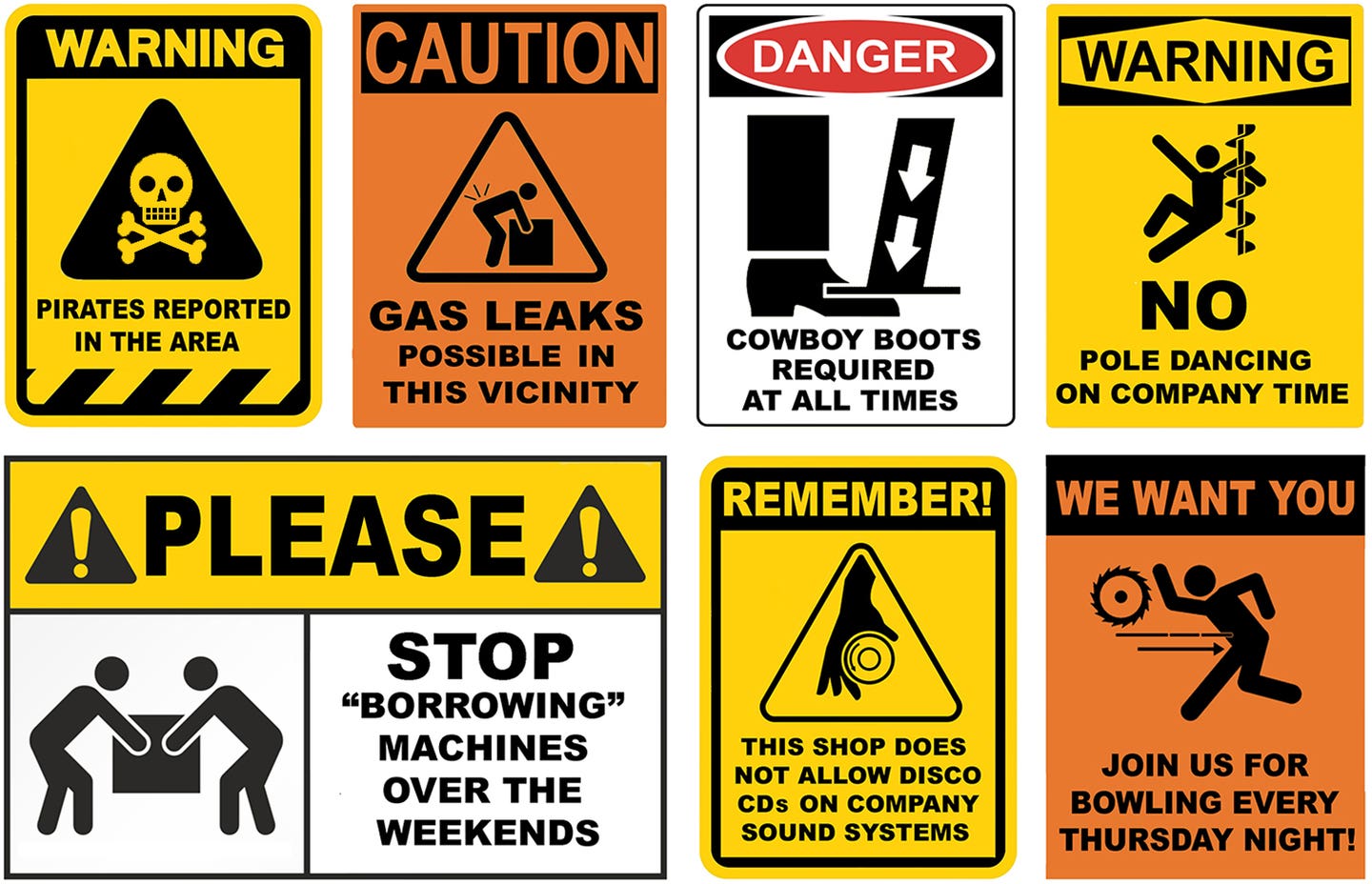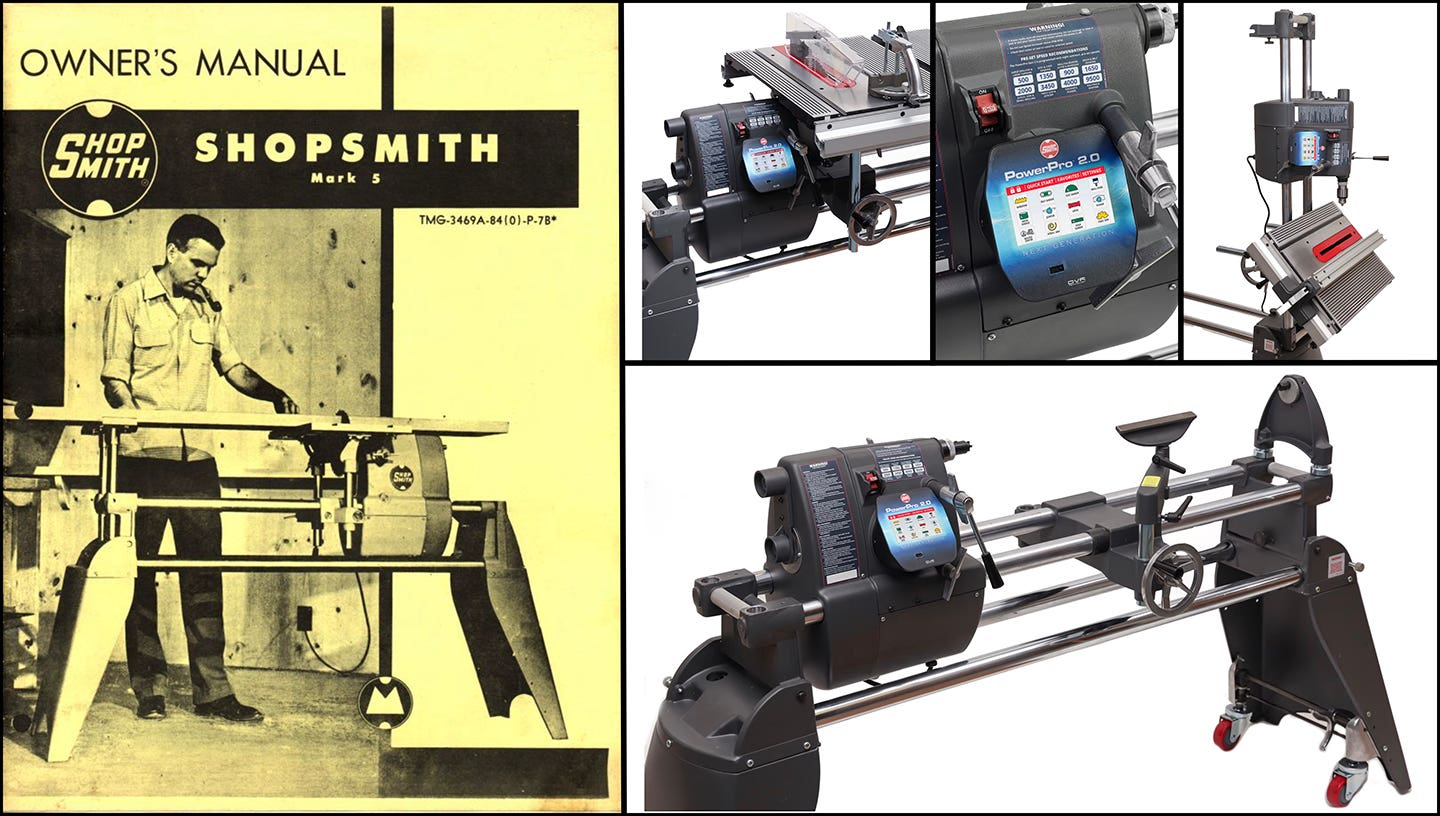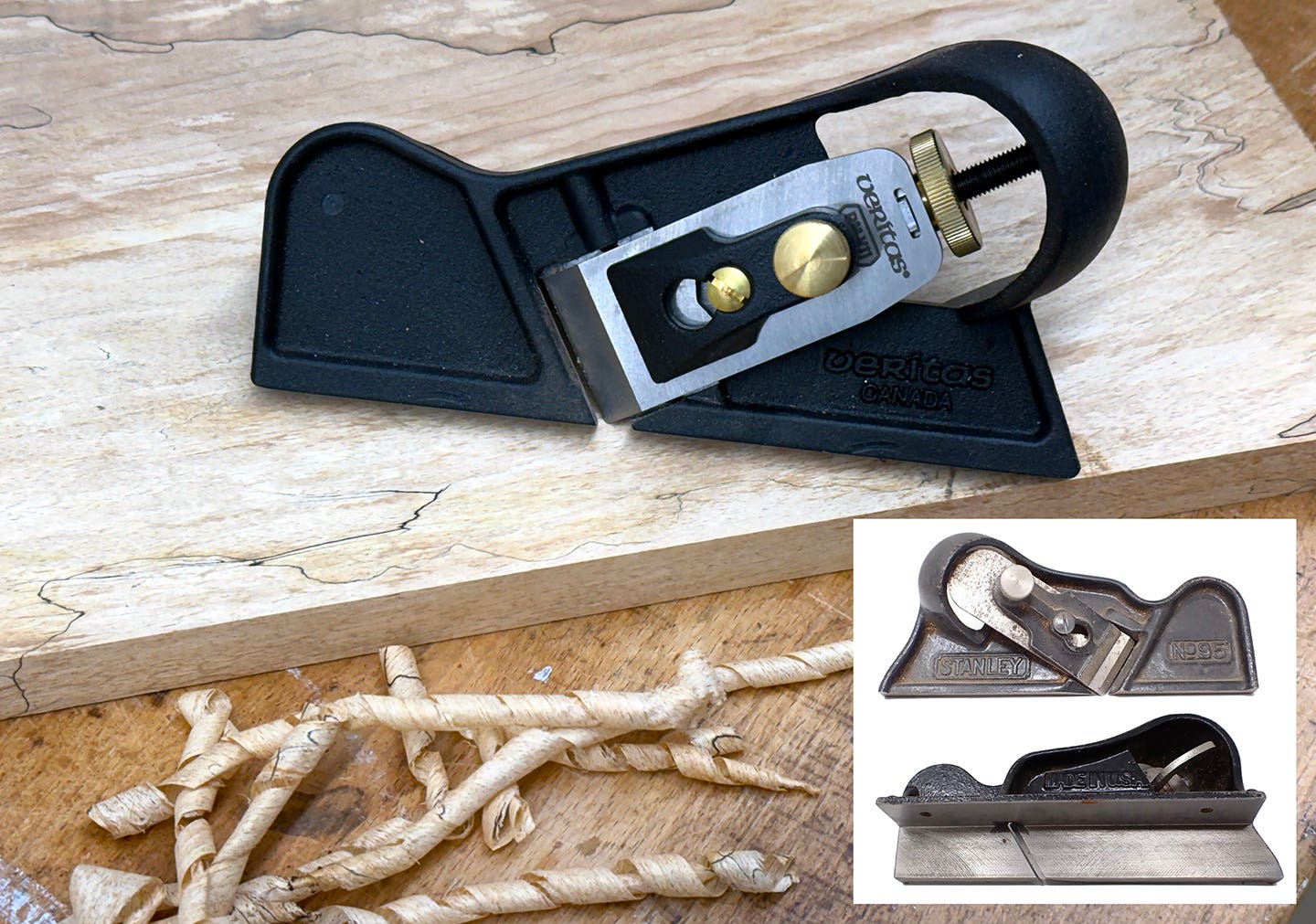Collateral damage
Many shops closed their doors during the recent recession. Most of them were smaller operations but there were a lot of bigger shops that were not able to survive. There…
Many shops closed their doors during the recent recession. Most of them were smaller operations but there were a lot of bigger shops that were not able to survive.
There was a shop right next to mine that was owned by a big development company. The shop cranked out trim packages, closet shelving, doors, and other wood products that went into the thousands of homes the parent company was building. The stuff was shipped out every day by the truckload. Since the housing bubble bursting was one of the driving forces behind the recession, this shop was one of the first to close its doors. It was kind of unnerving because this was a big, bustling, well equipped shop and within a matter of days it was an empty warehouse.
For the shops that have managed to survive, things are starting to look a bit better. But many of these shops are finding that the cost of hanging in there is only now beginning to be felt. The survival tactics included things like borrowing to the hilt, selling off equipment, letting go key employees and some serious multi-tasking.
It's a bit brighter picture now but there is a lot of fallout to be dealt with. It's kind of like one of those storms that rage through an area. It's only after the storm is over that the survivors can really begin to assess the damage.
D.D.
David DeCristoforo possesses an extensive resume as designer/maker of fine furniture, high-end cabinetry and architectural woodwork. His experience in professional woodworking spans a period of 35 years. For the past 20 years David DeCristoforo Design has been located in Woodland, California. During this time David's shop has ranged in scope from a "full on" cabinet production shop with as many as 15 employees to a small fine furniture and custom millwork shop, working with his son, David RBJ, a highly skilled maker in his own right.


